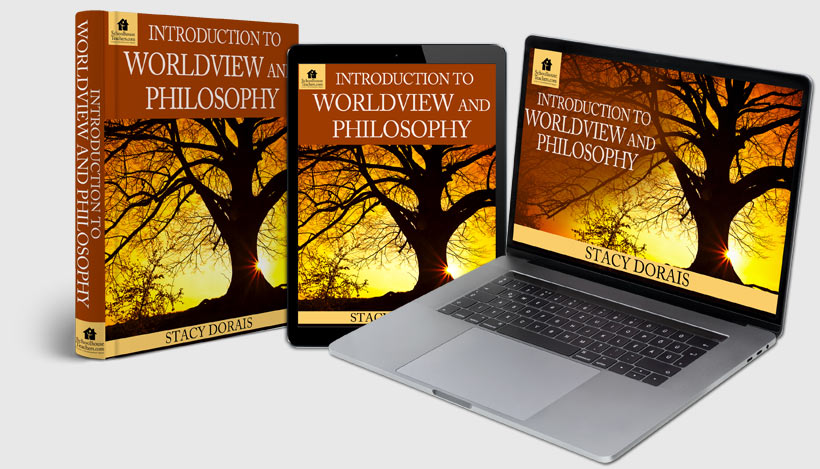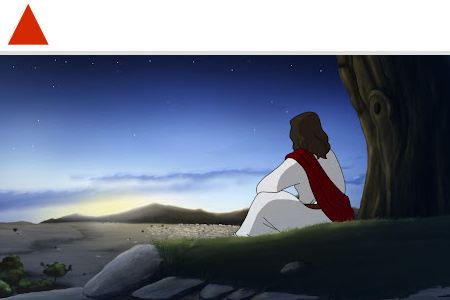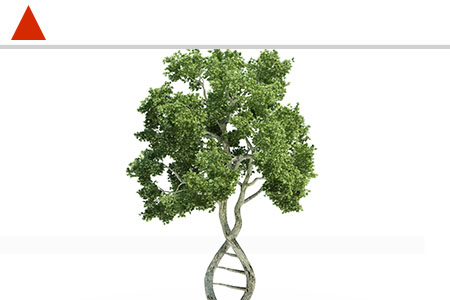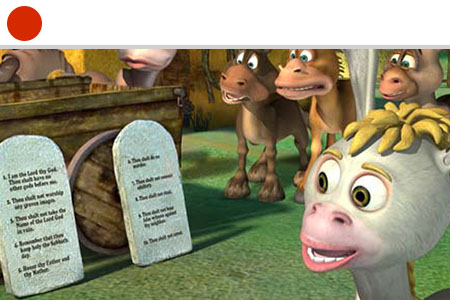Welcome to Our Introduction to Worldview and Philosophy Homeschool Curriculum
How do worldview and philosophy affect your understanding of the world around you? In Introduction to Worldview and Philosophy, high school students are introduced to Biblical and current worldviews and philosophies. In the first nine weeks, students explore worldview from a Biblical standpoint with the goal to compare, develop, and defend a position that is reasonable, realistic, and theologically sound. In the second nine weeks of this course, students study the history of philosophy and learn to think, reflect, write, and discuss the ideas they encounter.
External links may be included within the course content; they do not constitute an endorsement or an approval by SchoolhouseTeachers.com of any of the products, services, or opinions of the corporation, organization, or individual. Contact the external site for answers to questions regarding its content. Parents may wish to preview all links because third-party websites include ads that may change over time.
Para traducir cualquier página web, haz clic en los tres puntos o líneas en la esquina superior derecha de tu navegador, o haz clic aquí para más información.
Introduction to Worldview and Philosophy
*Ultimate Membership Only*
Length: 18 lessons
Content type: Text based
Grades: 9–12
Stacy Dorais
Related Classes You May Enjoy








































